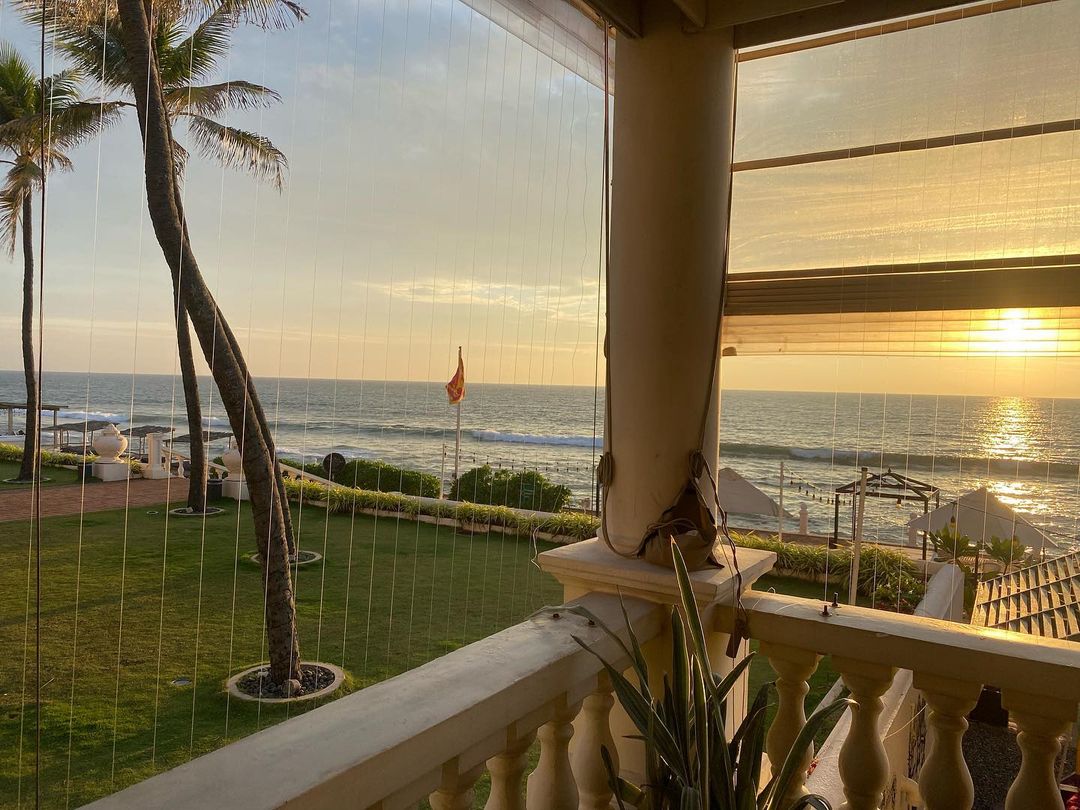Lena Skogström is one of the senior profiles in the Swedish travel industry. She is currently Vice President of the Pacific Asia Travel Association (PATA). Her relationship with Sri Lanka spans almost 50 years and she has been a representative for Jetwing Travels and Jetwing Hotels. Lena has also worked as a representative for Hong Kong, Singapore and Dubai for many years. For the last 30 years, she has been working voluntarily to promote Sri Lanka as a travel destination to Swedes.

How did your relationship with Sri Lanka begin?
I came to Sri Lanka in 1976 as a tour guide for Club 33, when I was 21. It was an instant love affair. It was a wonderful country that attracted many Swedes. Three planes a week flew from Sweden, and we were 22 tour guides on site taking care of the guests. We offered tours to national parks as well as historical and cultural sites. One week I guided in the northern parts of the island and the other week in the southern parts.
What are Sri Lanka’s main assets as a holiday destination?
I like to say that it is Asia in a nutshell. Nowhere else can you experience so much in one trip. 22 national parks is unbeatable. You can experience culture and history in a unique way. It’s a family and intergenerational destination, meaning it has something to offer different age groups. Sri Lanka therefore has the potential to attract a discerning Nordic traveller with a strong buying power.
How can Sri Lanka gain market share among Swedish travelers?
Awareness must increase. It is still too weak and the image of the destination is unclear. That’s why a focused approach is needed on Sweden and the rest of the Nordic region, which is Europe’s third largest travel market. Influencer partnerships are important, as are well-known ambassadors, but they must be sophisticated. Take inspiration from the work done with the TV program Sweden’s Master Chefs. After a program was filmed from Dubai, bookings there increased by 84%. The increase in visa and hotel prices in Sri Lanka in 2024 is a deterrent for Swedish travelers. Sri Lanka’s unilateral focus on certain geographical markets is also problematic. A 10-year plan is needed for a good geographical market mix.
